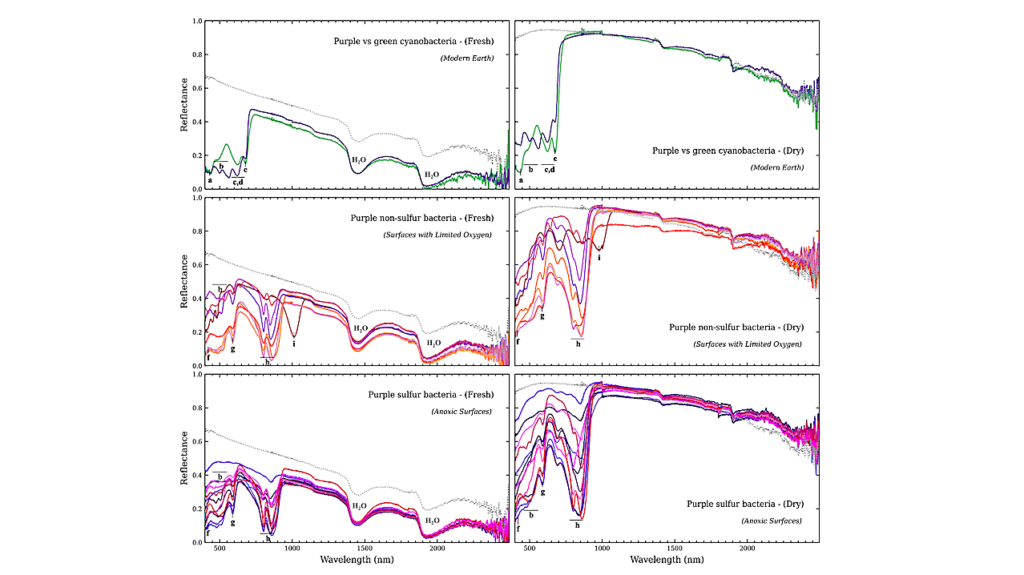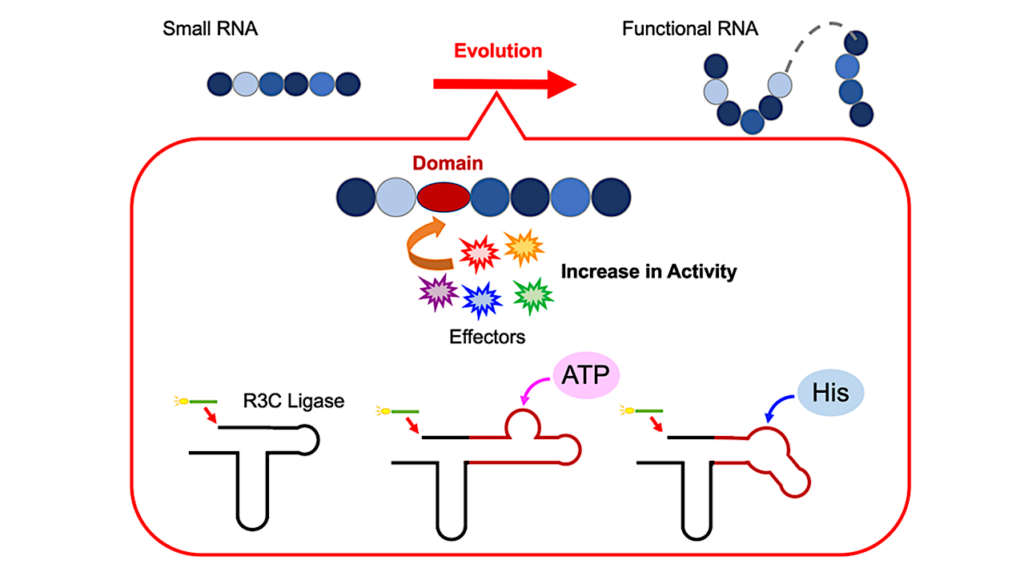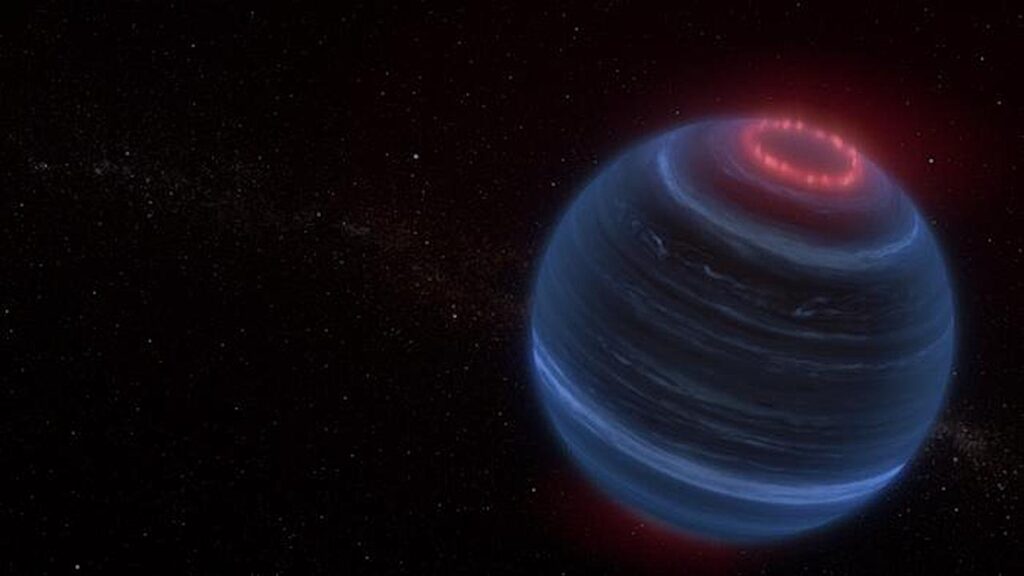Resurrecting Ancestral Proteins to Understand Ancient Bioeochemistry

A new study provides deeper insight into the chemical and isotopic signatures in Earth’s geological record by resurrecting ancient enzymes to better understand the processes by which they were formed.
Since life’s origins on Earth, enzymes have been the primary mediators of the chemical reactions inside cells that make life as we know it possible. When an enzyme affects the rate of a chemical reaction, byproducts are produced. Signatures of these byproducts then become preserved in Earth’s geological record. However, the enzymes that produced these signatures may have undergone changes over time, raising questions about whether or not we can interpret signatures in the rock record based upon what we know about the functionality of modern enzymes.
The new study provides a survey of methods to resurrect ancient enzymes that could provide insight into Earth’s ancient biogeochemistry. Such techniques can be used alongside the reconstruction of ancient genetic sequences to better understand the properties of enzymes that functioned on Earth billions of years ago. The successes and pitfalls of enzyme resurrection studies are discussed, and the results from a study focused on the Great Oxidation Event are outlined. This study provides a constructive example of a biogeochemical transition in Earth’s history that had a profound effect on the evolution of the biosphere.
The study, “How to resurrect ancestral proteins as proxies for ancient biogeochemistry,” was published in the journal Free Radical Biology and Medicine. The work was supported by NASA Astrobiology through the Exobiology Program.
Additional support was provided throught the NASA Astrobiology Postdoctoral Program. The NASA Astrobiology Program element of the NASA Postdoctoral Program (NPP) provides opportunities for Ph.D. scientists and engineers to perform research relevant to the NASA Astrobiology Program. Applications to the Astrobiology Program are accepted twice each year: March 1 and November 1. Note that the Astrobiology Program does not participate in every application/award cycle. For additional information about the program see https://npp.usra.edu/.








